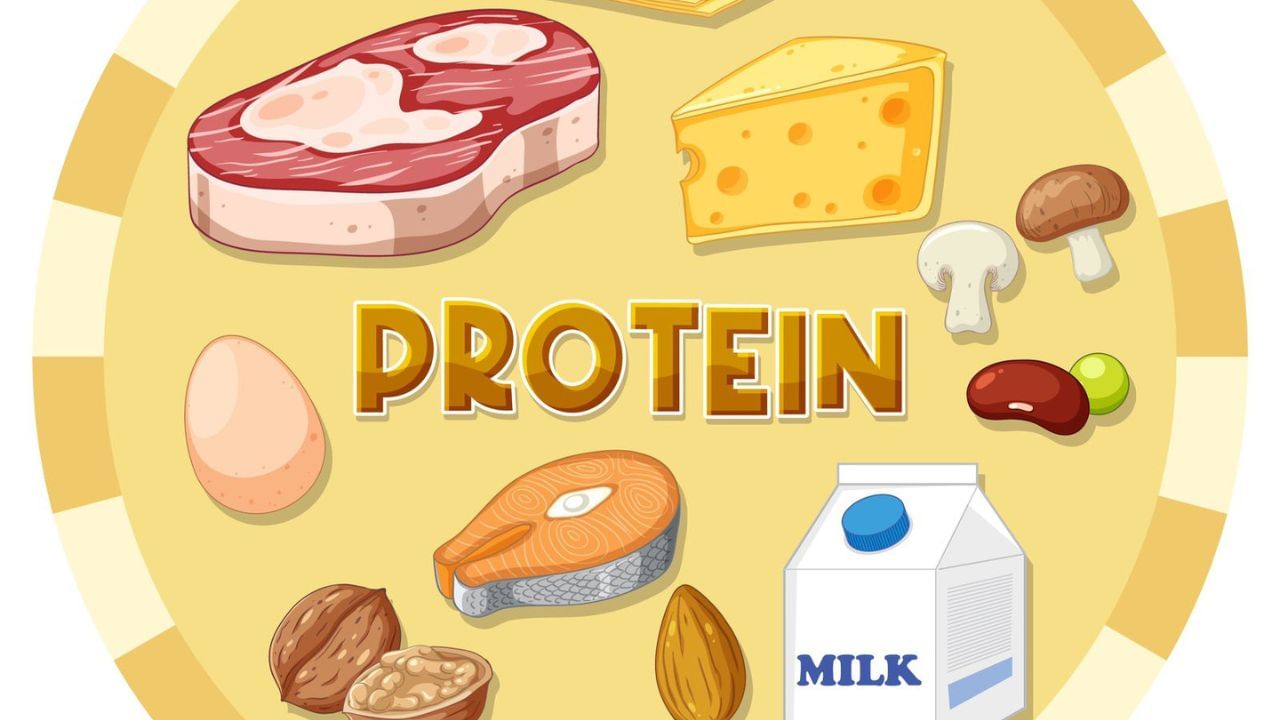protein deficiencyImage Credit source: Getty Images
Protein Deficiency: Protein is one of the most essential nutrients for the body, which keeps the structure of our muscles, skin, hair, nails and bones strong. It repairs body tissues and helps in the formation of new cells. Protein also plays an important role in the production of hormones, enzymes and many essential chemicals. Adequate quantity of it maintains energy in the body, increases immunity and controls weight. If there is not enough protein in the food, the body starts becoming weak and many types of health problems can start.
protein Deficiency usually occurs when a person does not have a balanced diet or they eat only carbohydrates and fats for a long time. This problem is more visible in those people who are vegetarian and do not include protein-rich options in their diet. Apart from this, digestive diseases, kidney or liver problems and infections can also reduce the absorption of protein in the body. Lack of protein weakens the body, which can cause problems like anemia, muscle loss, skin infection and hormonal imbalance. Due to its deficiency for a long time, the immune system also becomes weak and the body finds it difficult to fight infections.
What are the symptoms of protein deficiency?
Dr. Daljeet Singh at Max Hospital It is said that many obvious symptoms of protein deficiency start appearing in the body. First of all, the person feels constant fatigue and weakness, because there is a lack of energy in the muscles. Hair starts falling, nails become weak and break and the glow of the skin decreases. In children, stunted growth, lack of weight gain or inability to focus are also signs of protein deficiency. In severe cases, problems like swelling of the body i.e. edema, melting of muscles and recurring infections can occur. Apart from this, delayed wound healing, reduced immunity and frequent mood swings are also symptoms of this deficiency. If timely attention is not given, this condition can take the form of serious health problems.
how to protect
Include protein rich items like pulses, kidney beans, chickpeas, paneer, egg, milk and soya in your daily diet.
Fish and chicken are good sources for non-veg eaters.
If necessary, take protein supplements as per doctor’s advice.
Don’t forget to give a balanced diet to children and the elderly.
Drink adequate amount of water so that digestion remains better.
